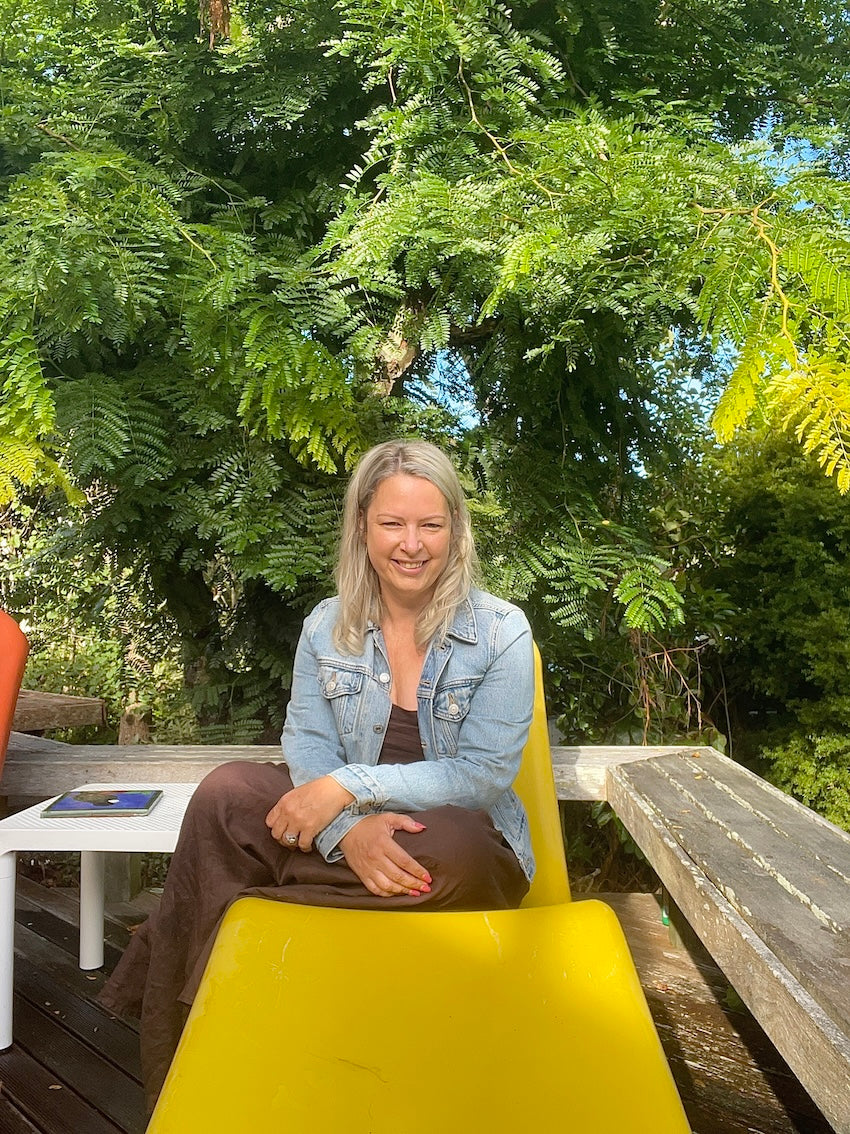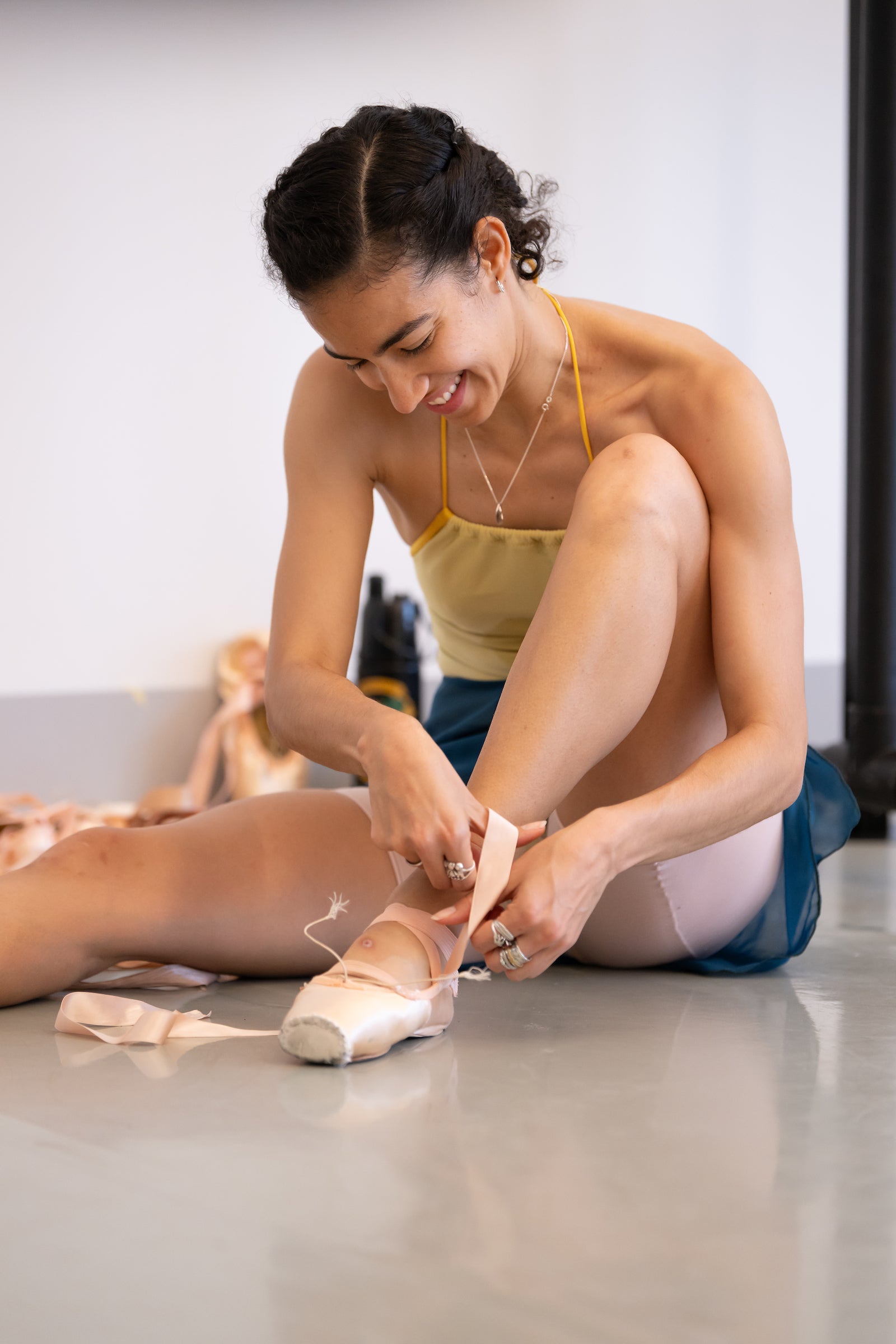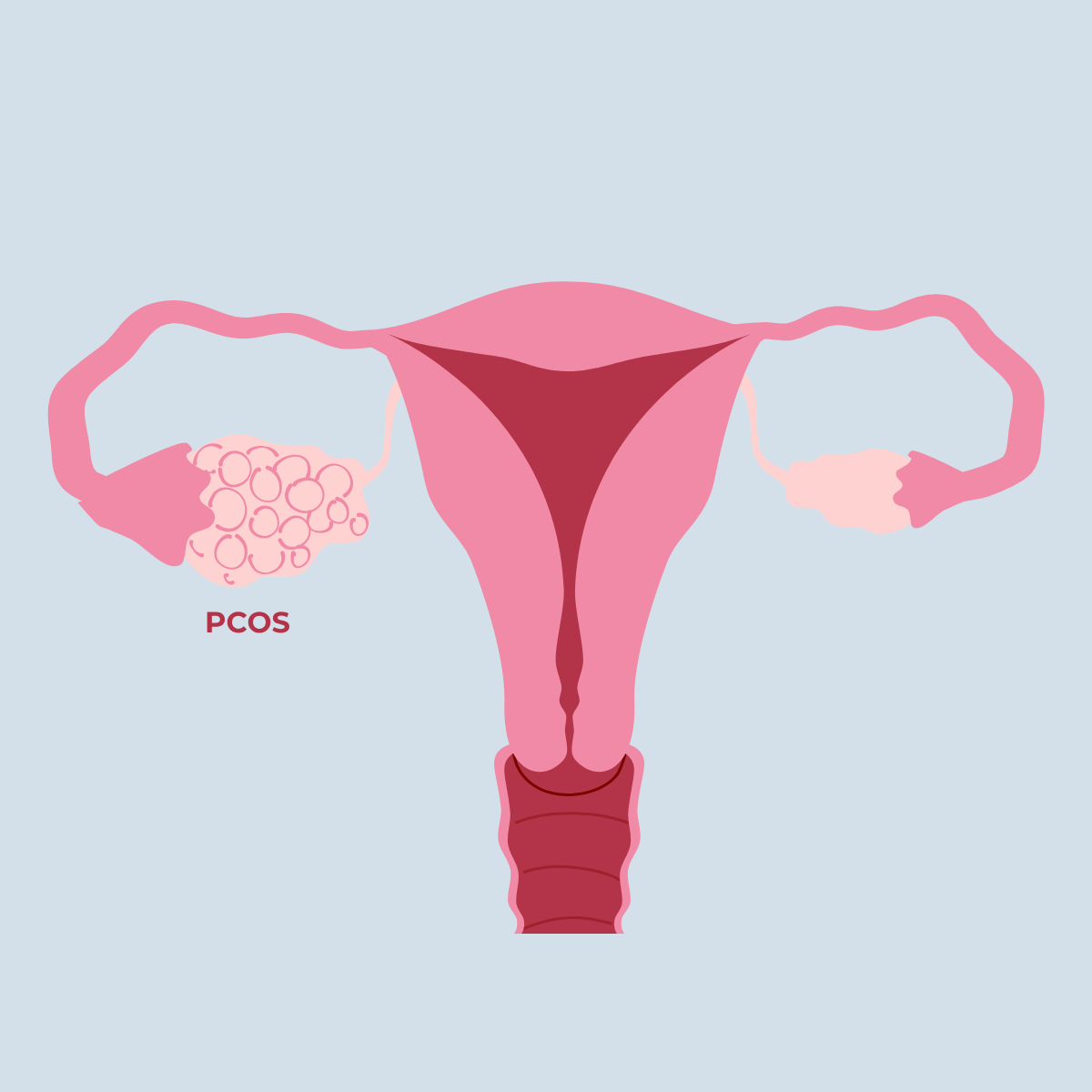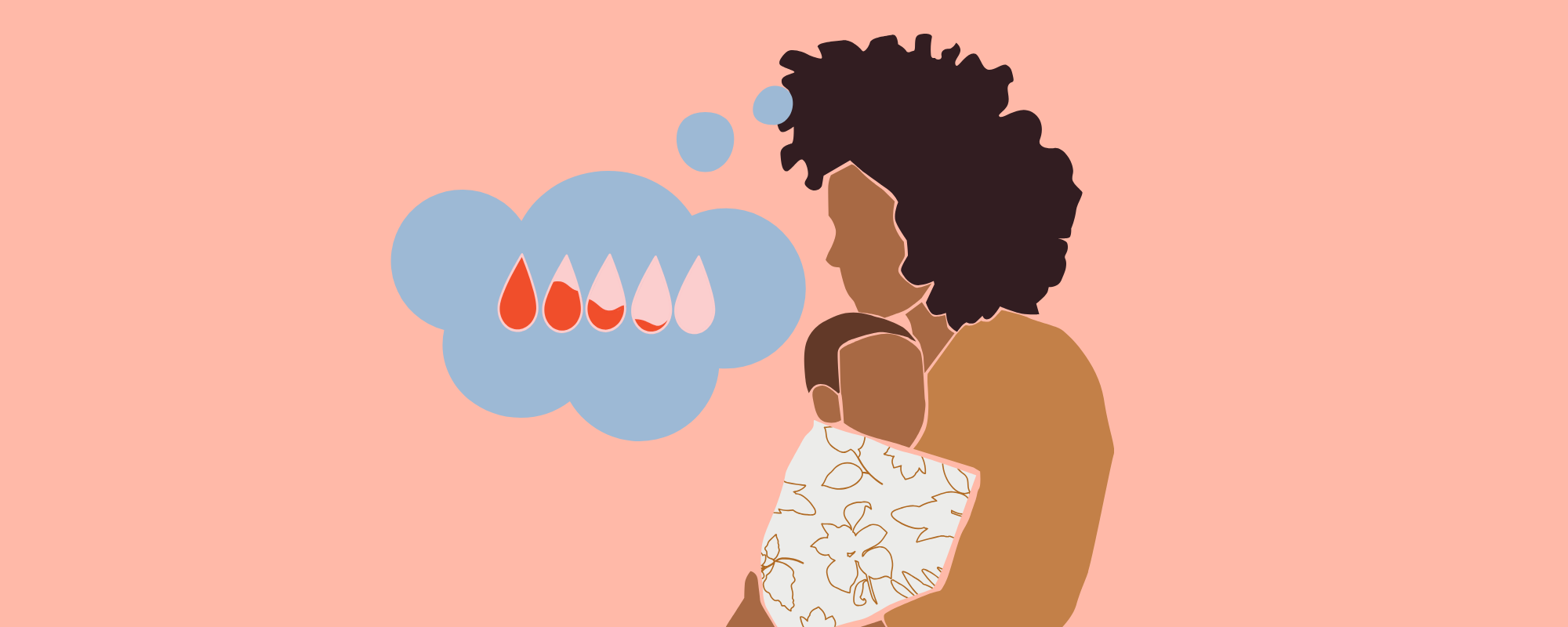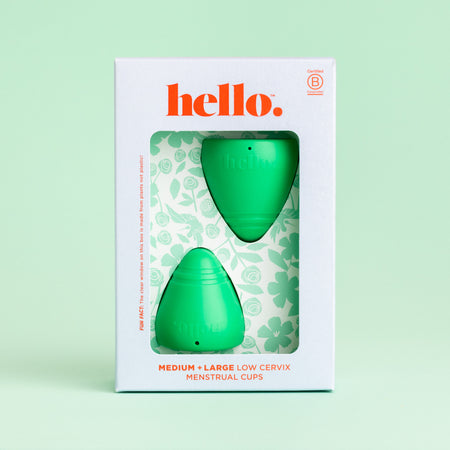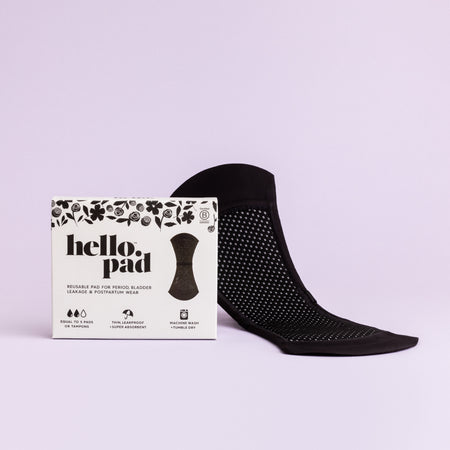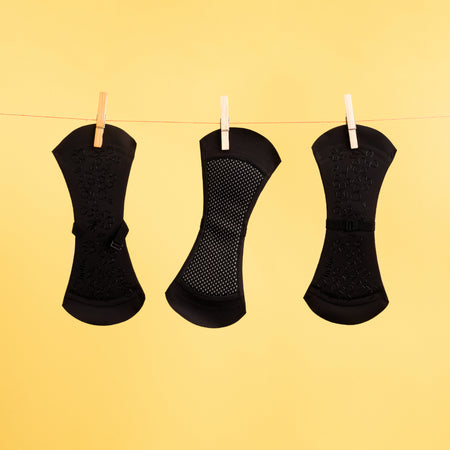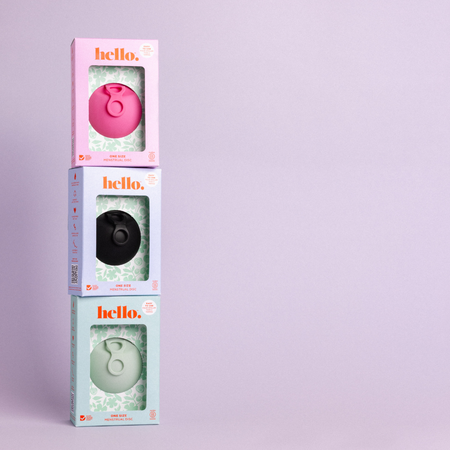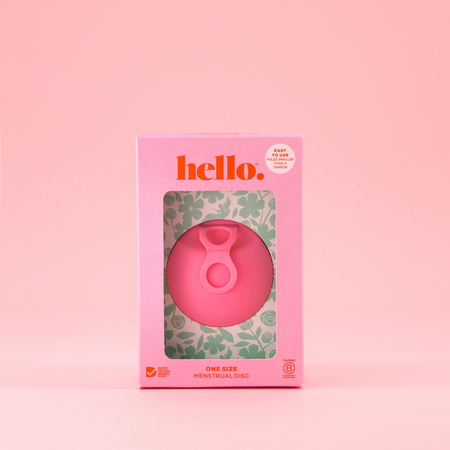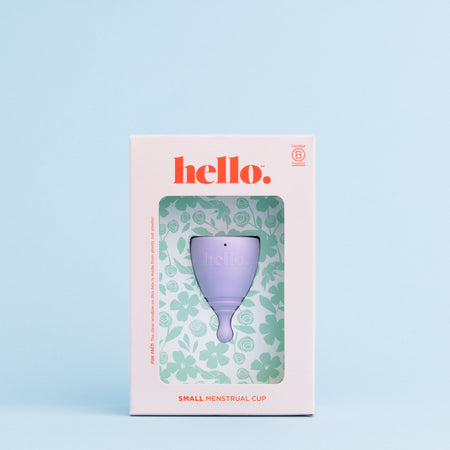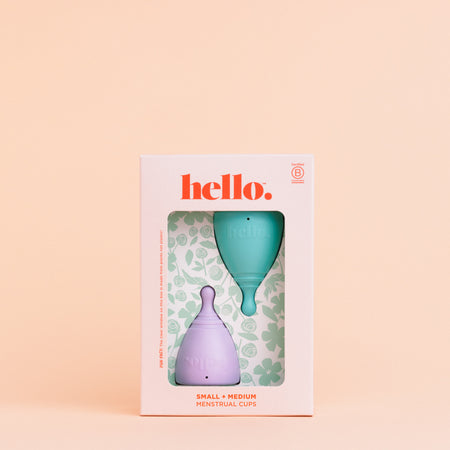The pain that comes from endometriosis or adenomyosis is something experienced by millions of people around the world and, like many things related to female health, it often flies under the radar when it comes to discussion and research.
I put up with (what I know now) with abnormal pain for years. Even when I didn’t have my period, I felt a constant ache but when Aunt Flo turned up each month, I experienced unbelievably heavy flows and excruciating pain that would often see me curled up in bed unable to move or talk. Occasionally the pain was so intense it would make me physically sick. I thought everyone with a period experienced the same symptoms and put it down to being an uterus owner.
When I mentioned it to my doctor when I was 13, her solution was to put me on the pill. It wasn’t until I was 40 that doctors started saying they suspected I had endometriosis. That’s a lot of years of being in pain without a label.
So what exactly is endometriosis, and how does it impact people's lives?
Picture this: inside the uterus, there's a lining called the endometrium. Its job is to thicken each month in preparation for a possible pregnancy. But what if this tissue starts growing outside of the uterus? That's endometriosis. These rogue tissues can latch onto nearby organs like the ovaries, fallopian tubes, or even the intestines.
Endometriosis isn't picky—it can affect anyone with a uterus. Yep, that's right. It doesn't care about age, race, or social status. It's estimated that about one in ten uterus owners have endometriosis. That's a whole lot of people dealing with pain and discomfort on a regular basis.
So, how do you know if you might have endometriosis? Well, it's like your body is sending out distress signals. Some common symptoms include:
- Painful Periods: We're not talking about your run-of-the-mill cramps here. We're talking about pain that feels like your insides are being wrung out like a dishcloth.
- Chronic Pelvic Pain: This isn't just a twinge here and there. It's persistent, gnawing discomfort that can affect your daily life.
- Pain During Intercourse: Yeah, that's not supposed to happen. But with endometriosis, even the thought of getting intimate can send shivers down your spine—for all the wrong reasons.
- Heavy Periods: Endometriosis can make your periods heavier than a sumo wrestler.
- Infertility: Sadly, endometriosis can sometimes throw a wrench in your baby-making plans.
Why Does Endo Cause Such Heavy Periods?
The hormones in your body—like oestrogen and progesterone— cause the endometriotic tissue that grows outside the uterus to behave the same way as the tissue that forms the uterine lining during each menstrual cycle.Once the body realises no egg has been fertilised this cycle and the lining isn't needed, hormones cause the lining of the uterus to shed, and endo tissue in other parts of the body sheds as well. This is what causes heavy bleeding and abdominal pain like cramps, aches, or throbbing.
For me the impact of heavy periods and the struggle to find menstrual products that could cope with my heavy flow, was a driving factor in starting Hello Period. Our period underwear, reusable pads as well as our menstrual cups and menstrual discs hold up to five times more than regular tampons and pads. For me, this gave me more freedom and our customers who have endo have said the same. Dealing with endometriosis isn't a walk in the park, but there are ways to manage the pain and discomfort. Here are a few tips to help you navigate life with endometriosis:
- Pain Relief: Over-the-counter pain relievers like ibuprofen can provide some relief from those killer cramps. Heat pads or warm baths can also work wonders.
- Hormonal Therapy: Birth control pills or other hormonal treatments can help regulate your menstrual cycle and ease symptoms.
- Diet and Exercise: Eating a healthy diet and staying active might not cure endometriosis, but it can certainly help manage symptoms and improve your overall well-being.
- Surgery: In more severe cases, surgery might be necessary to remove the rogue tissue and alleviate symptoms.
When should you talk to your doctor? Well, if you're experiencing any of the symptoms mentioned earlier and they're interfering with your daily life, it's time to seek help. Your doctor can work with you to come up with a treatment plan that's tailored to your needs.
Remember, you're not alone in this. There's a whole community of folks out there who understand what you're going through. Reach out to friends, family, or support groups for advice, comfort, and solidarity.
Living with endometriosis isn't easy but the more we talk about it, the more we will raise awareness and hopefully one day find a non-invasive way to diagnose and treat it.
Robyn, Hello Period Co-Founder x
